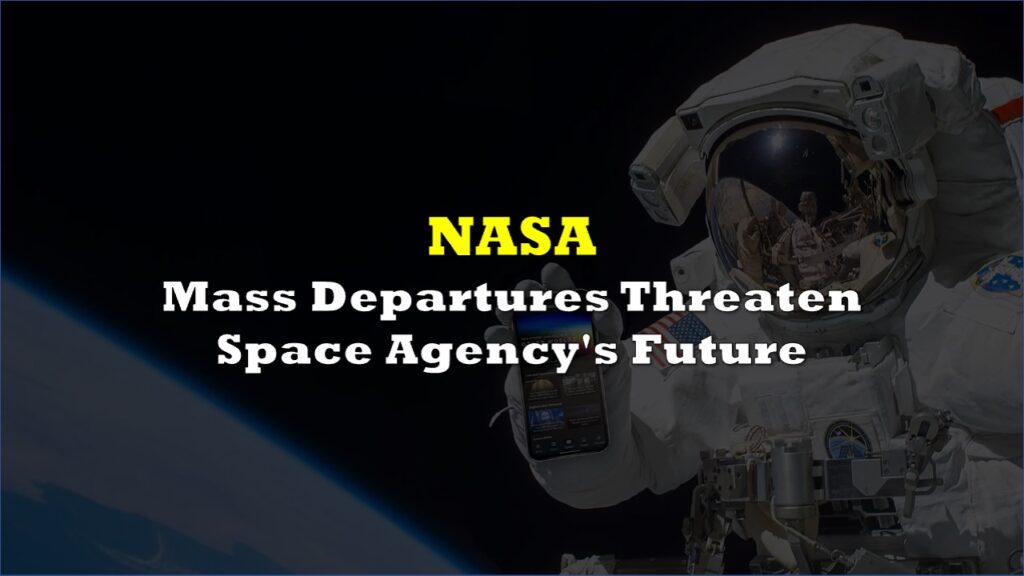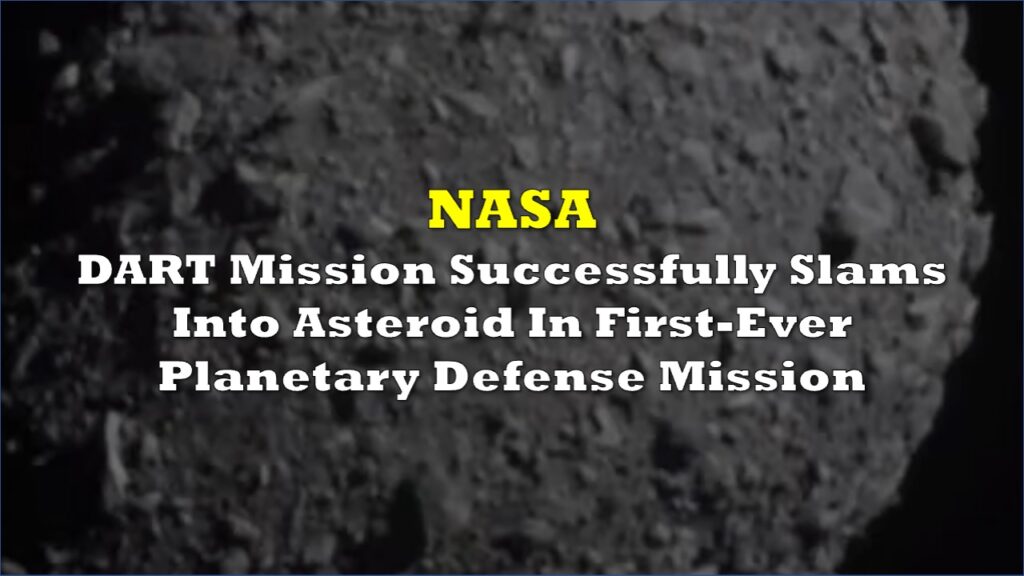A private US lunar lander, developed by Texas-based aerospace company Intuitive Machines (Nasdaq: LUNR), has successfully entered orbit around the moon, setting the stage for a historic landing attempt on its surface.
Intuitive Machines is not the first private company to attempt a moon landing, but if successful, it would be the first to actually do it. It would also be the first time the US is on the moon since NASA’s Apollo program was wound down in 1972.
Odysseus, @Int_Machines’ uncrewed Moon lander, is targeted to touch down at the lunar South Pole at 5:30pm ET (2230 UTC) Feb. 22. Watch live with us as this Moon delivery brings science instruments to study the region. https://t.co/7U0WfJG56b pic.twitter.com/9JXBdD4y6K
— NASA (@NASA) February 22, 2024
The privately-owned lander, named Odysseus, isn’t on a private mission. NASA is paying Intuitive Machines $118 million for Odysseus to bring experiments to the moon as part of the space agency’s Commercial Lunar Payload Services program, or CLPS.
NASA has about a 10th of the budget it had when the US was in a space race against the Soviet Union. Bringing experiments, much less people, back to the moon has not just been a technical challenge, but largely a financial one. This is where the private sector comes in. The CLPS program aims to cut down on costs by allowing NASA to outsource the design of small, robotic spacecraft like Odysseus to the private sector.
“We’re going a thousand times further than the International Space Station,” Steve Altemus, president and CEO of Intuitive Machines President told CNN. “And then, on top of that, you set the target: Do it for $100 million when in the past it’s been done for billions of dollars.”
The program also makes them more agile because there’s more room for failure.
“(Commercial companies) brought that iterative, fail fast model with them. Get the product out there, let it blow up, figure out what you did wrong, fix it, and go again,” Greg Autry, director of space leadership at Arizona State University’s Thunderbird School of Global Management, told CNN. “That is not the way the US government operates. Because if your project dies, your government career is screwed.”
Also read: India Shoots Another Shot at Moon Landing with Chandrayaan-3
Intuitive Machines is already the second company to attempt a landing under the CLPS program. In January, Pittsburgh-based Astrobotic also tried but its Peregrine lander suffered a fuel leak, causing it to crash back into Earth. No one knows yet if Odysseus will be a success, but Astrobotic is already working on its second attempt.
Information for this story was found via The Associated Press, CNN, and the sources and companies mentioned. The author has no securities or affiliations related to the organizations discussed. Not a recommendation to buy or sell. Always do additional research and consult a professional before purchasing a security. The author holds no licenses.









